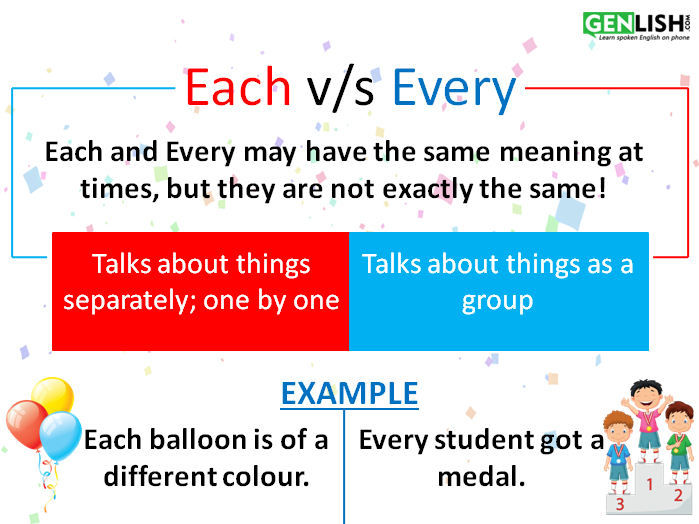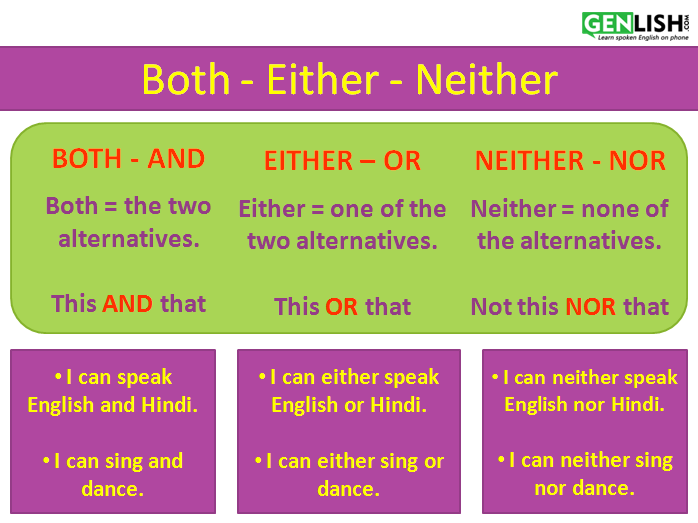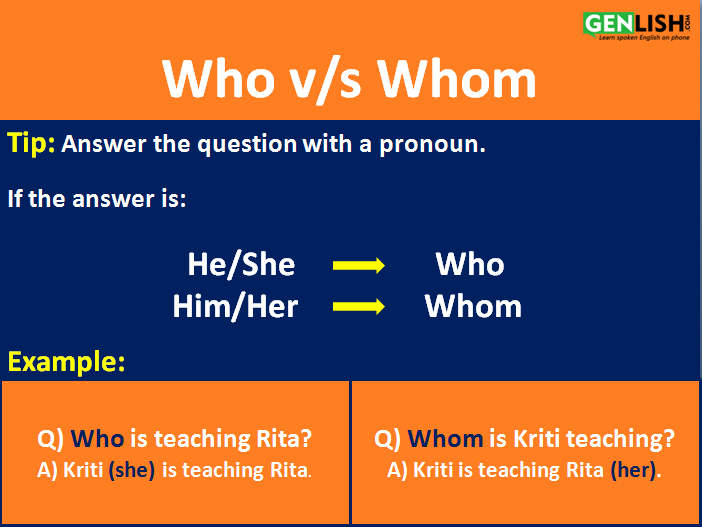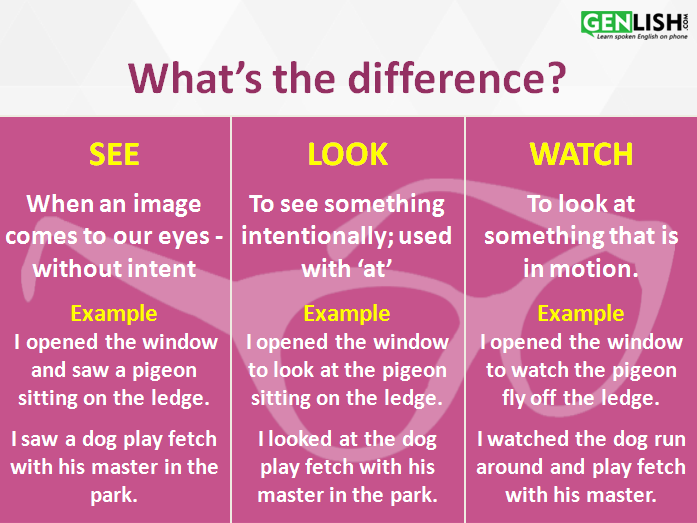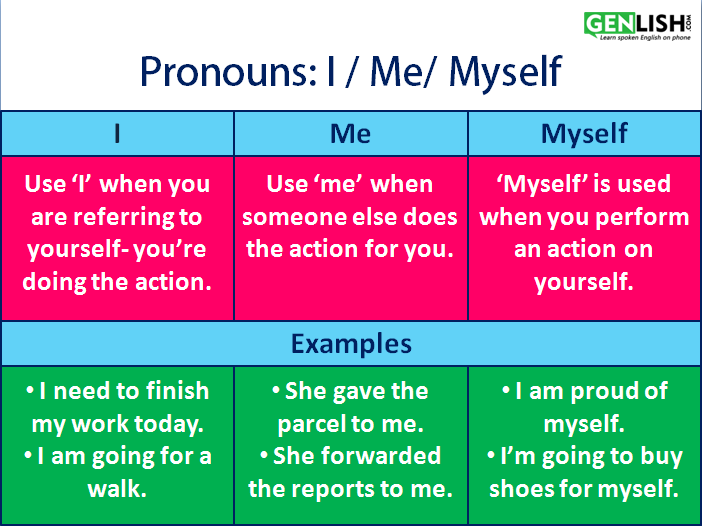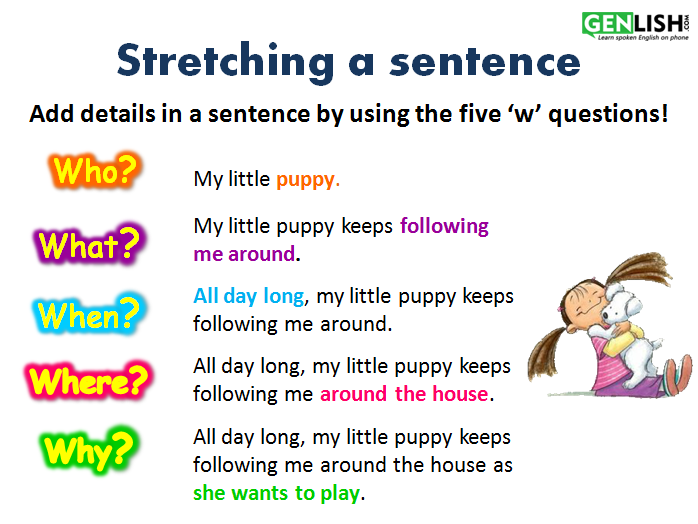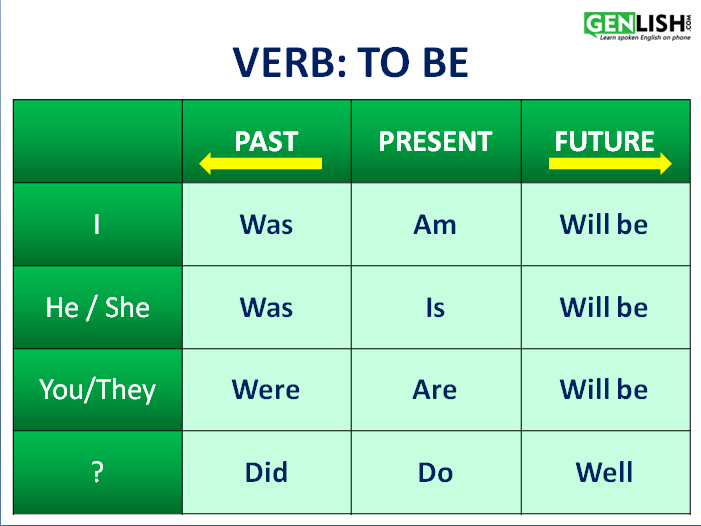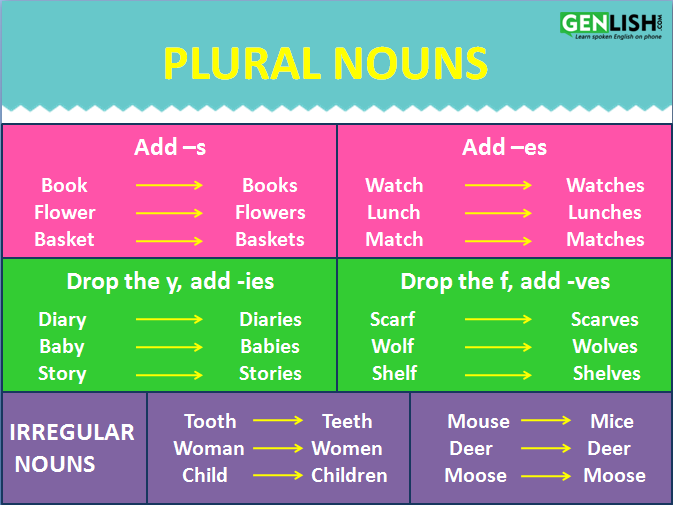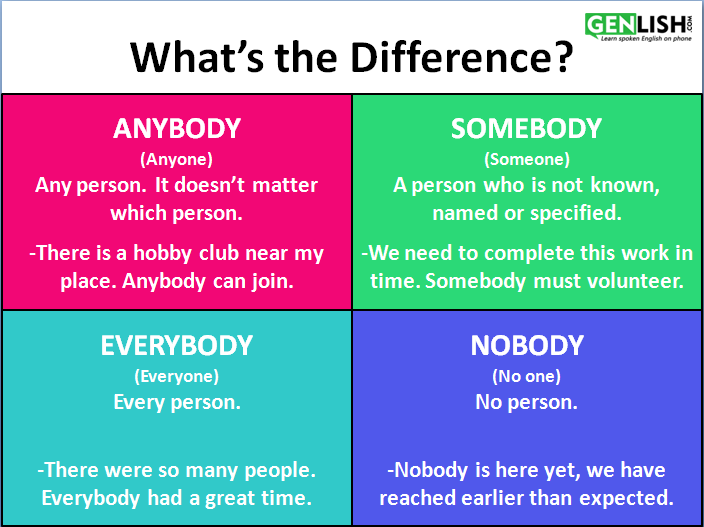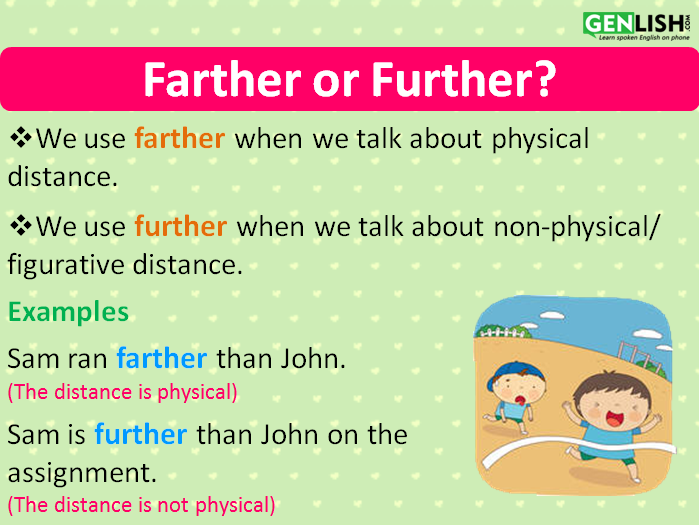Each v/s Every
The quantifiers each and every are a kind of determiner. They have similar but not identical meanings. Each means “every one, regarded individually”. Every means “every one, regarded as a whole”. Sometimes, each and every have the same meaning: Fashion changes each year. Fashion changes every year. But often they are not exactly the same, as explained …

